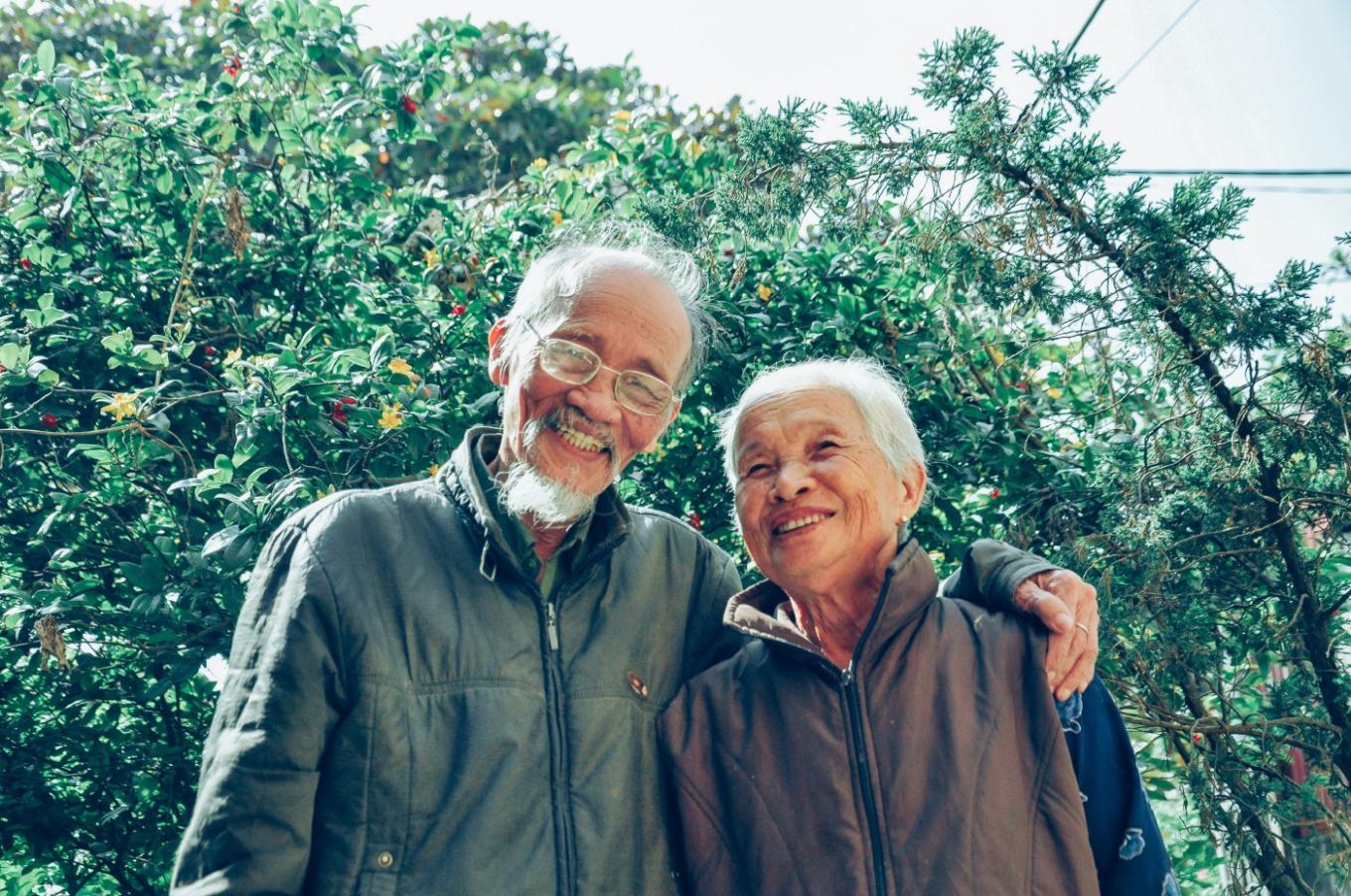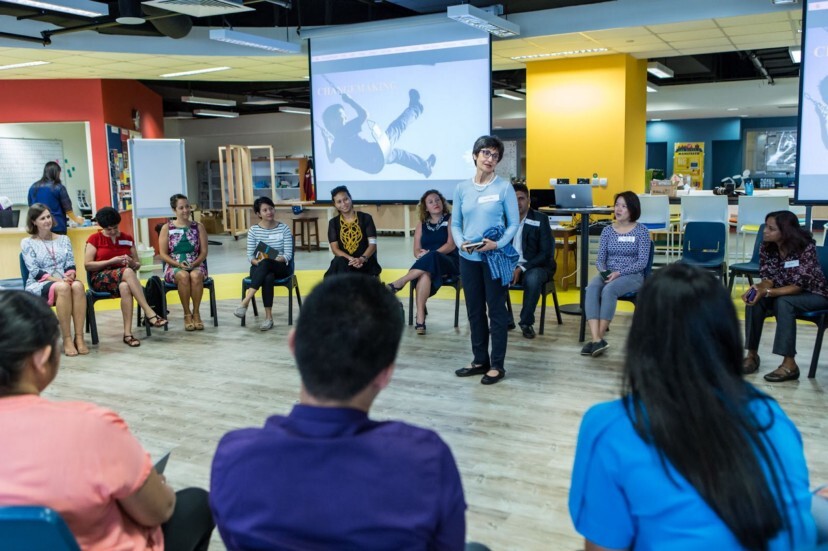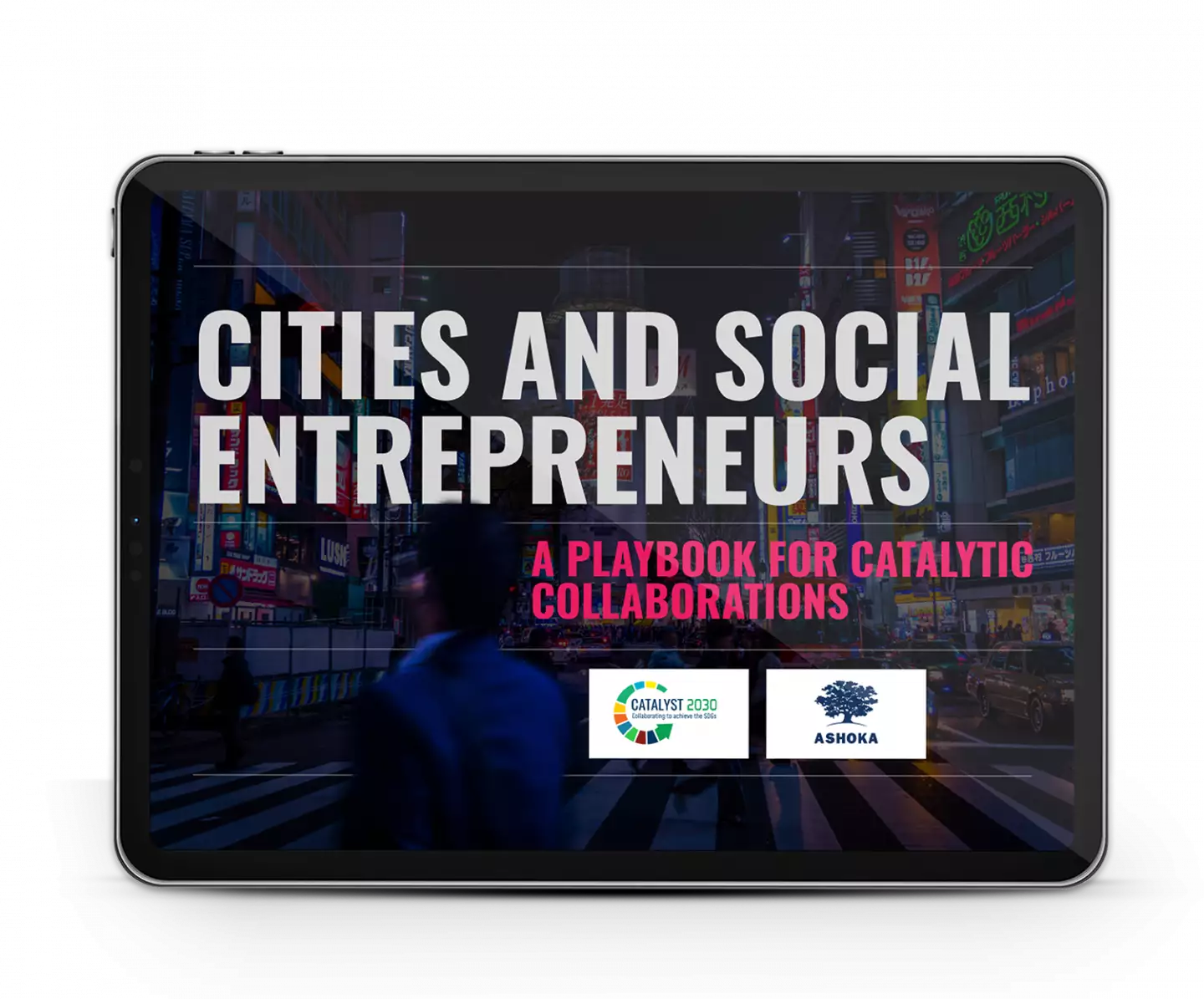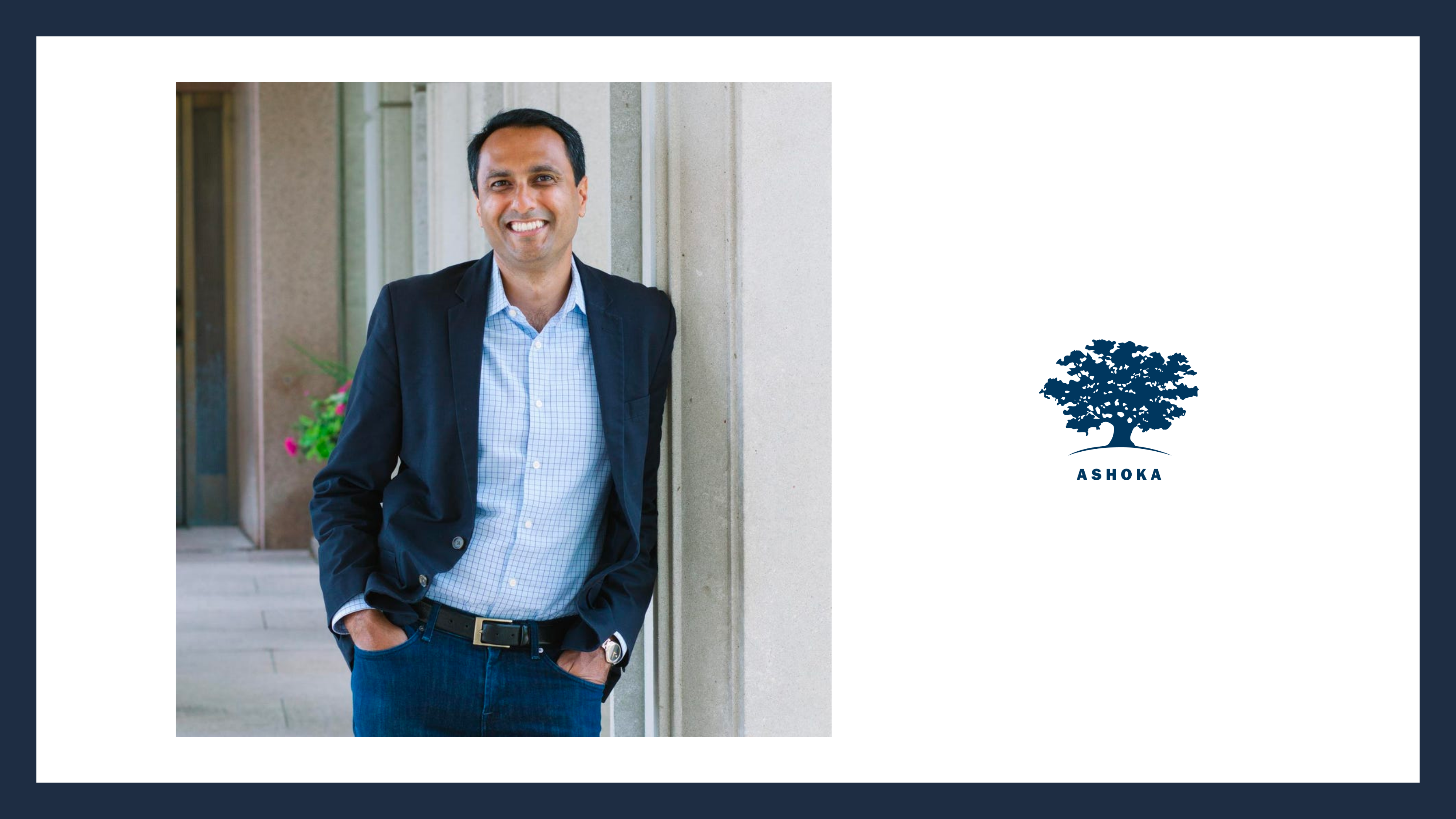
By Chris Cusano
By2030, there will be more people over the age of 60 than children younger than 10. As the world’s population skews older, the team behind Ashoka’s Next Now: Aging initiative believed this trend might be a source of innovation for today and tomorrow.
But we also had a lot of questions.
How will life change in places where the proportion of 60-year-olds doubles over three decades? And what will it mean to be 60, anyway, as our lifetimes grow longer and values change? What are the innovations of today that pave the way for a better future?
When in doubt, we ask social entrepreneurs. As we set out to survey the “field of Aging,” it was March 2020, and nearly everyone was facing some kind of pandemic-related lockdown or travel restriction. I signed up for Zoom and started browsing Ashoka’s database of leading social entrepreneurs — Ashoka Fellows—to discover who was working to address challenges around aging.
During my first one-on-one conversation with a Fellow, the idea for a “Roundtable” was born. Soon a weekly ritual began, with ten Fellows coming together to share their ideas, work, and discuss what the new narrative around aging looks like. Half the time was for listening, half for conversation.(Read about what each Fellow shared in this article).
So what did we learn? How can we transform aging from a largely taboo topic to an inclusive vision for the future? Here are five takeaways.
1. It’s longevity, not aging
Aging may be the phenomenon at the center of our interest, but the field we are trying to describe has already given itself a makeover. Longevity is the key concept, redefined not to denote longer lives as measured in years, but greater quality of life at any age.
2. Labels, labels
While we’re rearranging the furniture, let’s open some windows as well. If rubric is the bane of innovation, then it’s not hard to see where longevity begins to challenge conventional categories. The elders of today were once young; the youth of today will someday be elders. Mash it up.
3. Open secrets
Pssst — guess what? Every society, every person, every life struggles with the essential paradoxes of age. So-called rich countries and poor countries, old cultures and new — nowhere can all the answers be found in one place, for the issue is too complex. Getting older is both personal and public, natural and cultural, something we do as individuals and as cohorts.
4. The power of one
Thirty years ago, when I thought I knew a lot more than I did, a wise friend advised me, in a memorable Texas twang, “Remember, everyone holds a little piece of the truth.” If I didn’t see it then, I can’t miss it now. Each social entrepreneur carries a unique story of struggle and hope, of empathy, insight, willpower, creativity, resilience.
5. Roll on
Ten is a nice, round number but not a magic one — the Roundtable is expanding, and is now gearing up for its second season, with a dozen new faces and fresh conversations planned for 2021. I doubt it will be boring.
-
Chris Cusano is a lead contributor to Ashoka’s New Longevity initiative. He has been interviewing Ashoka Fellows since 2000.


